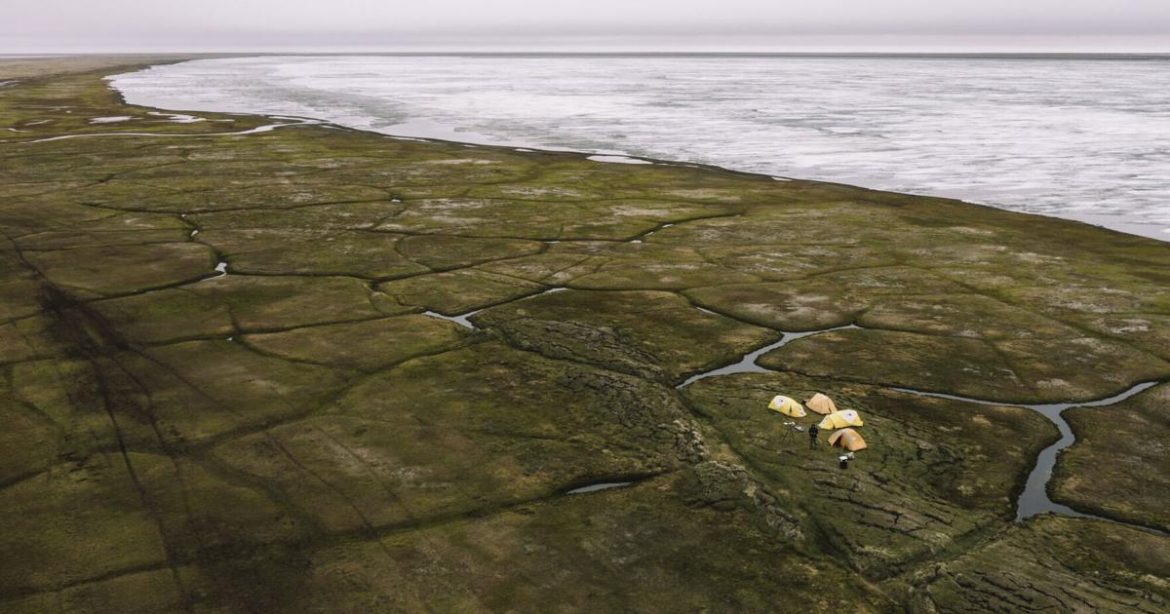Climate activists have kicked against a study released by the Biden administration on Wednesday which recommends allowing a major oil development on Alaska’s North Slope and supporters say could boost U.S. energy security.
Environmentalists were outraged by the move, even though it was not yet final. They saw it as a betrayal of the president’s promises to cut carbon emissions and support renewable energy sources.
As part of the Willow project, ConocoPhillips Alaska had suggested five drilling sites; however, the strategy outlined by the U.S. Bureau of Land Management in the report as the preferred alternative calls for up to three drill sites initially.
The U.S. Interior Department stated in a separate statement that it has “substantial concerns” about the project and the report’s suggested alternative, “including direct and indirect greenhouse gas emissions and impacts to wildlife and Alaska Native subsistence.”
Read also: NCF warns against indiscriminate use of wetlands
The Interior Department’s Bureau of Land Management also stated in the report that choosing a preferred choice “does not constitute a commitment or decision” and that it could ultimately choose a different alternative.
The effects of oil development on animals, such as caribou, and efforts to combat climate change have been cited as reasons for opposition.
The project is located in the massive, resource-rich National Petroleum Reserve-Alaska, which spans an area about the size of Indiana on Alaska’s North Slope. According to ConocoPhillips Alaska, the project could produce as much as 180,000 barrels of oil per day at its peak.
Story was adapted from Enviro News.
